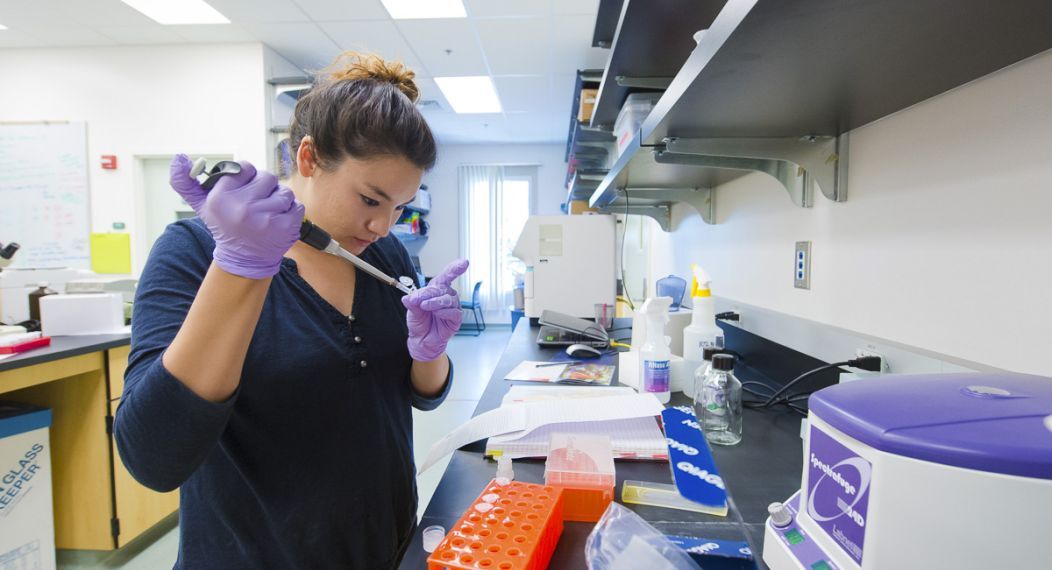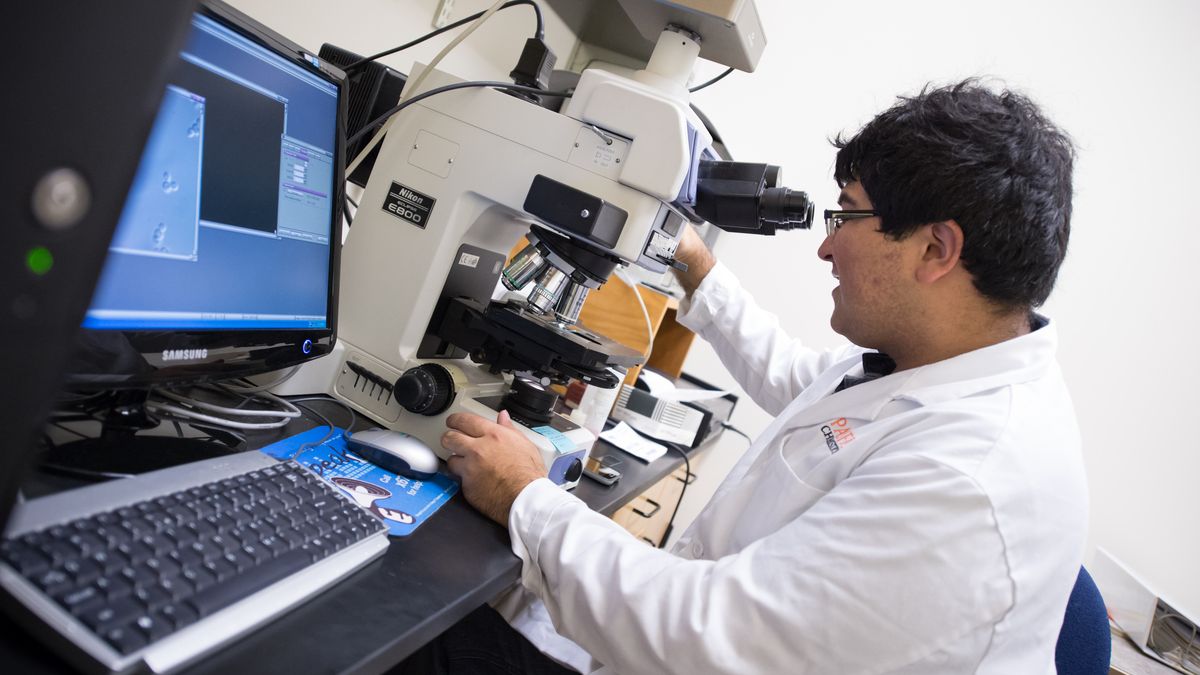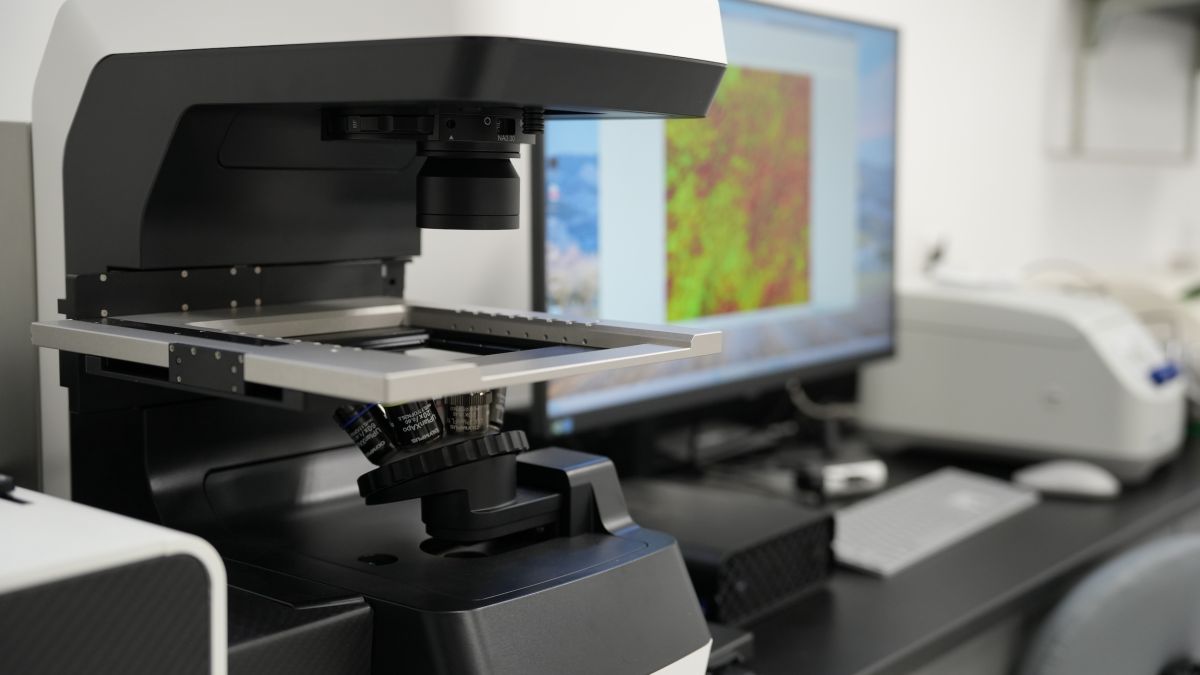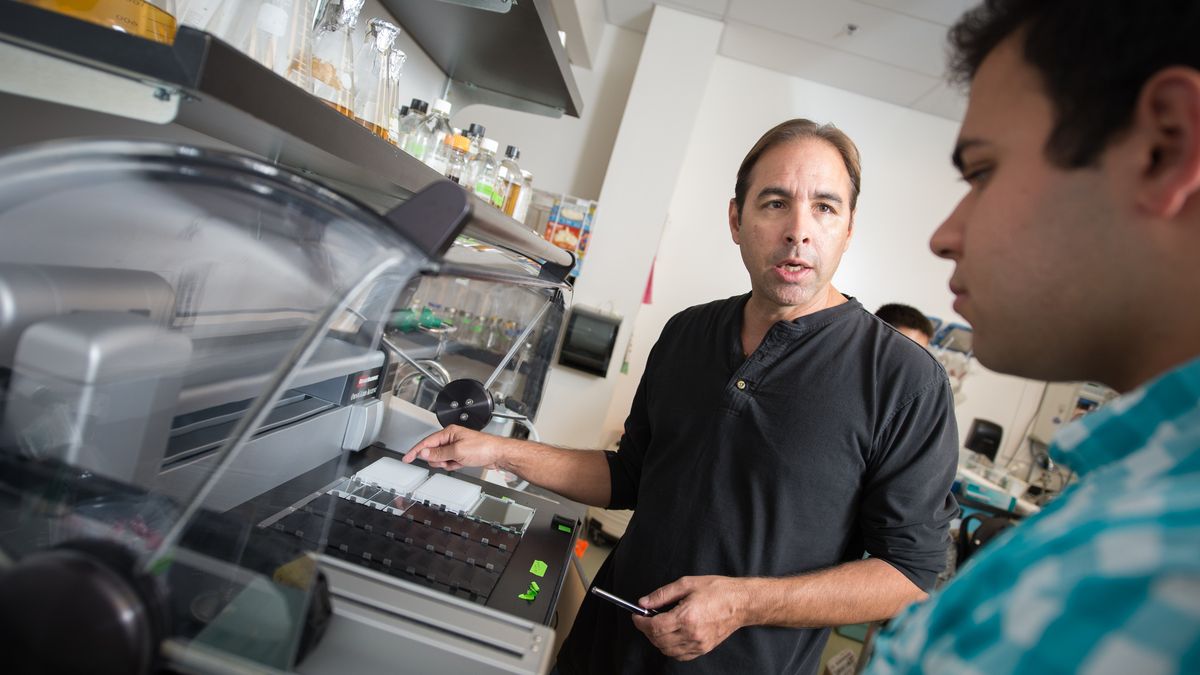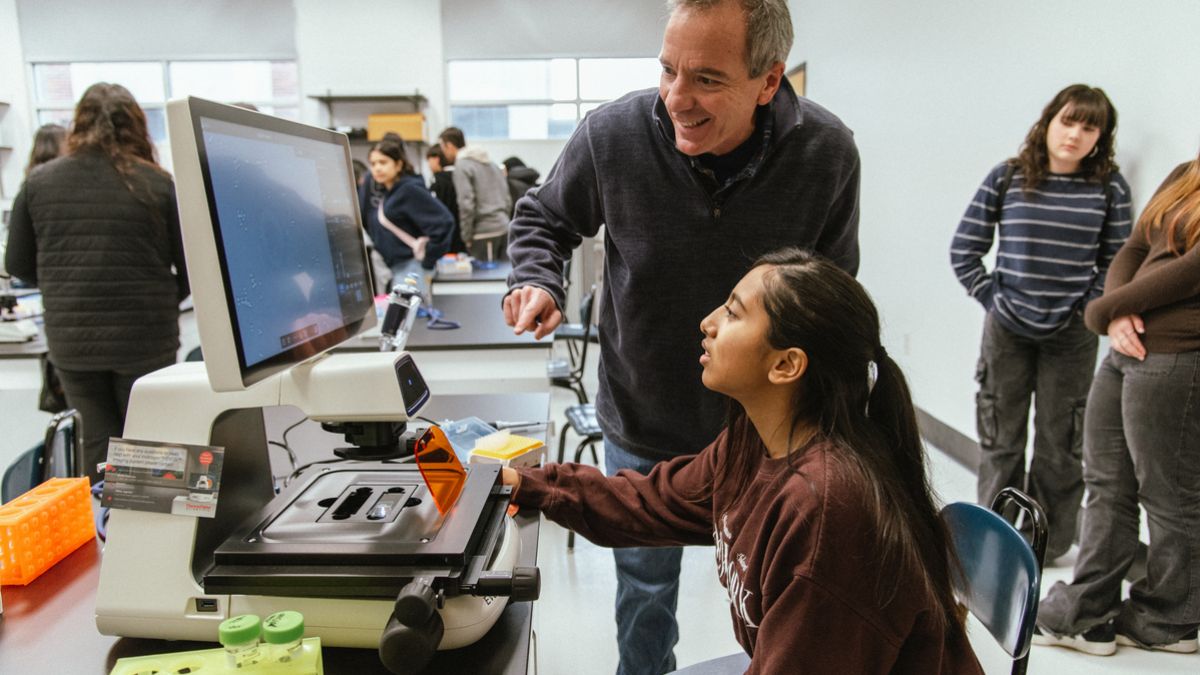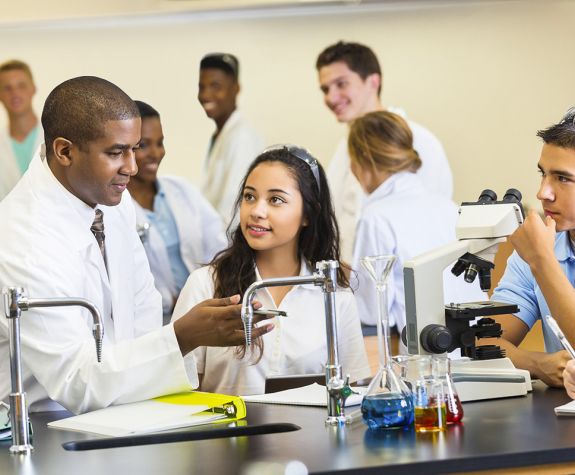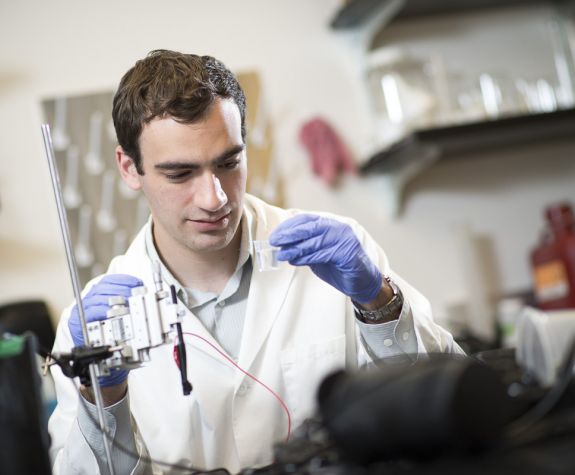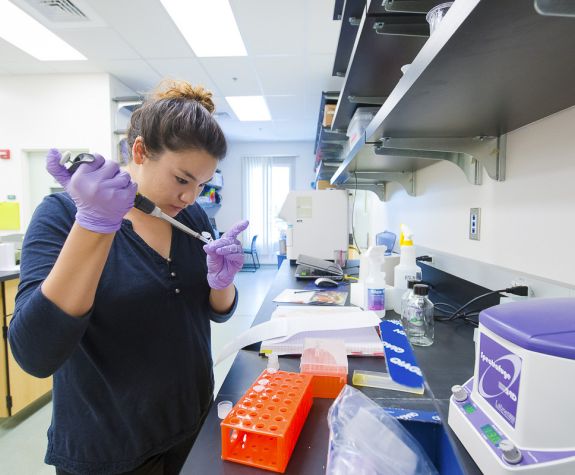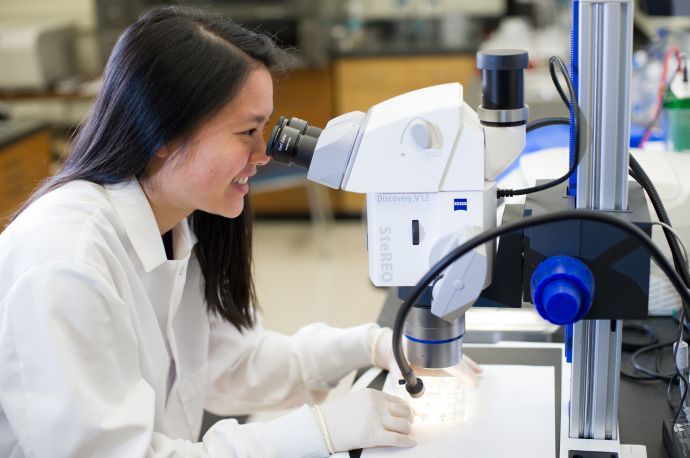Discover how biology shapes our world
As a biology major at University of the Pacific, you can shape your studies around what interests you most, whether it’s molecular biology, botany, microbiology or physiology. Graduates find careers in biotechnology, education, marketing or sales. Many go on to professional programs in medicine, dentistry, pharmacy, nursing or physical therapy and use the strong foundation they built at Pacific to keep exploring, learning and making a difference in people’s lives.


